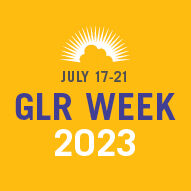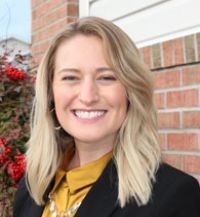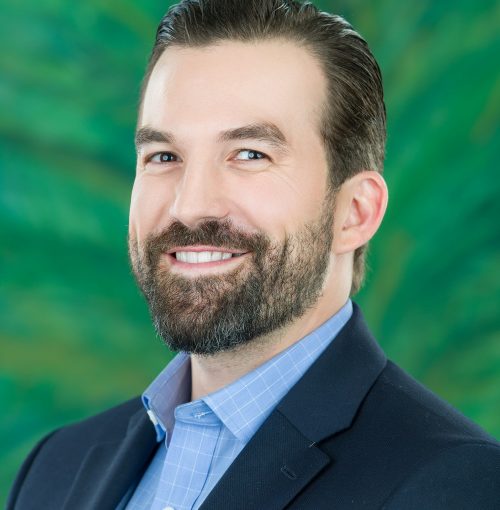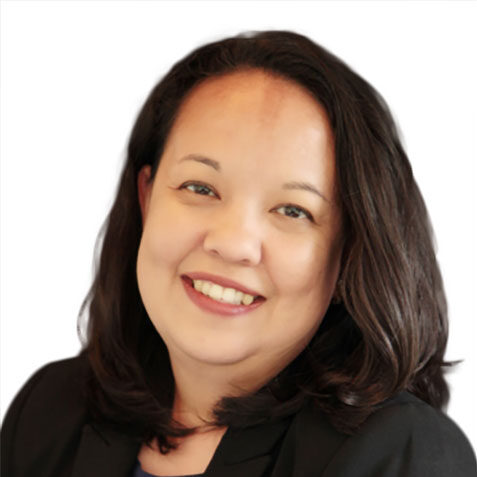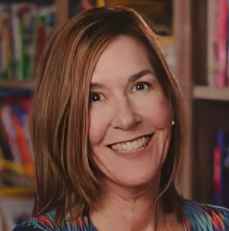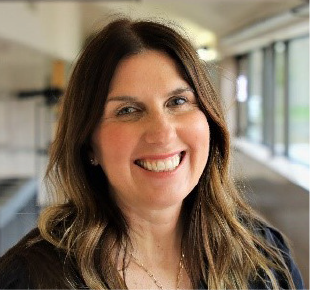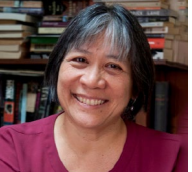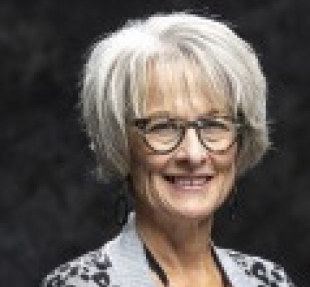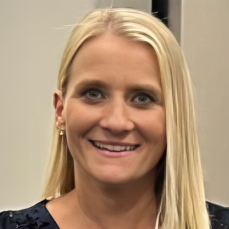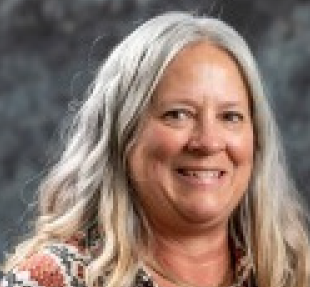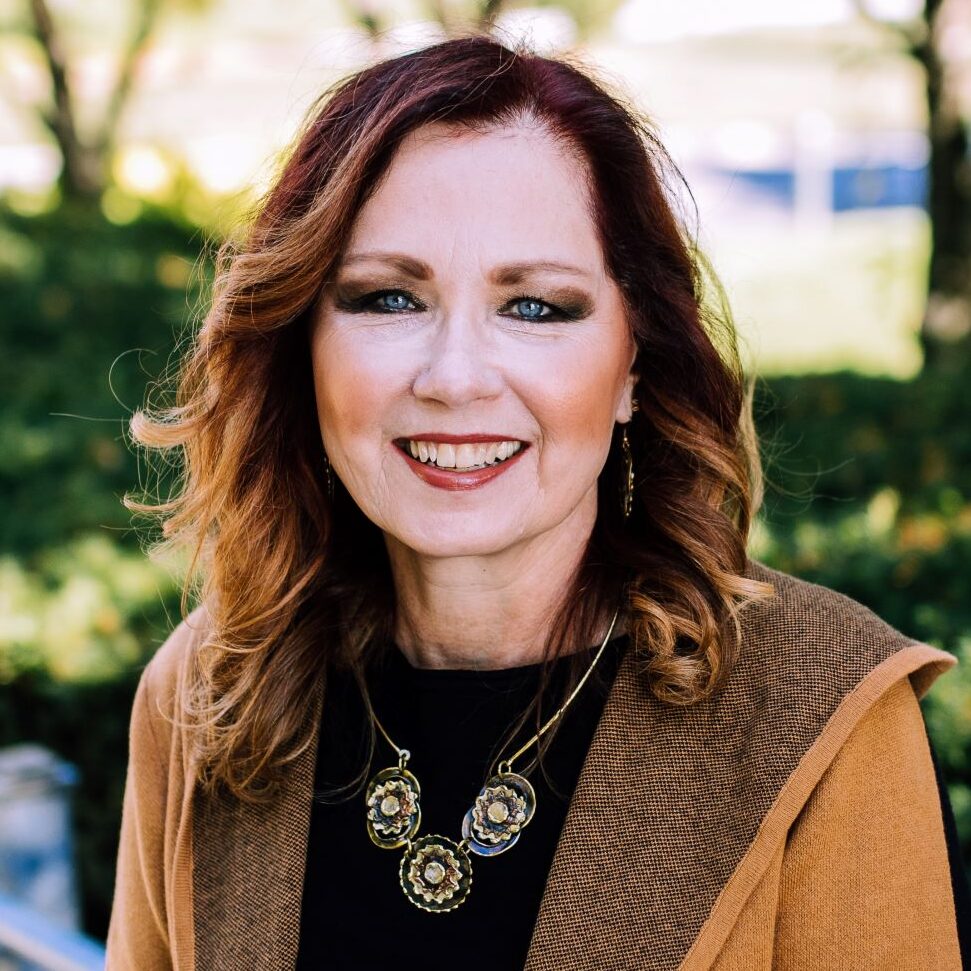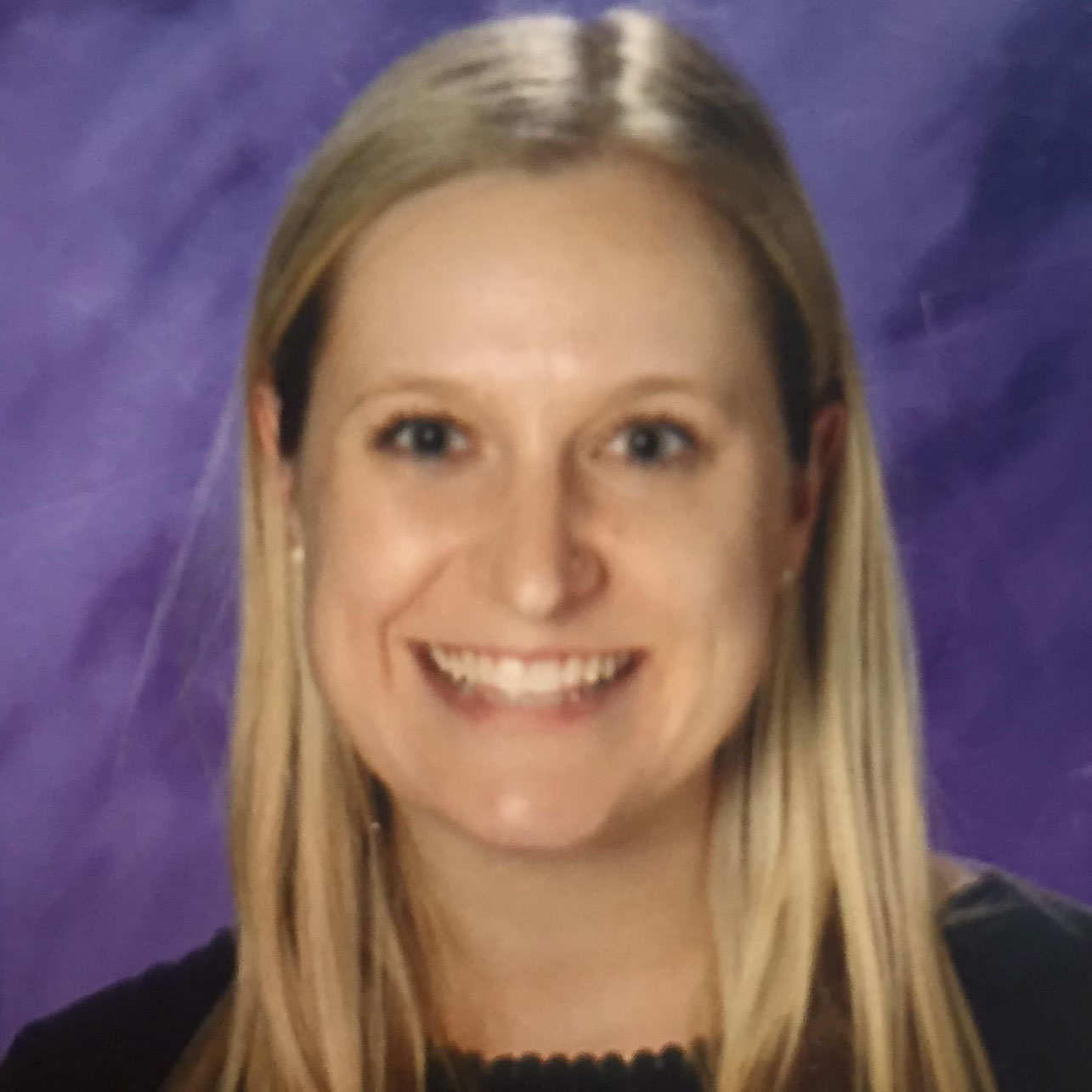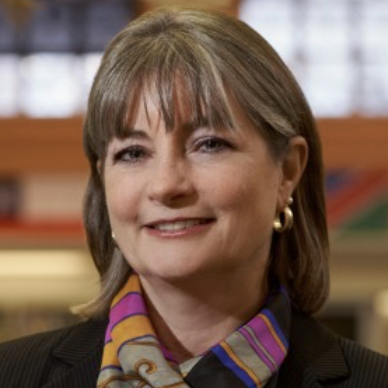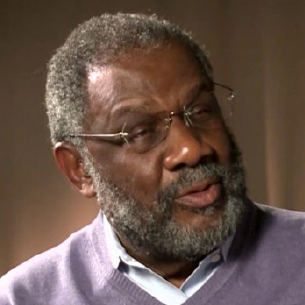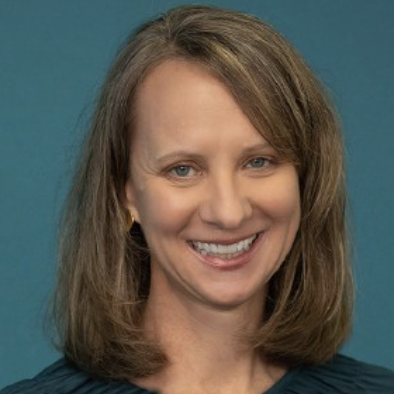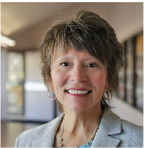
- This event has passed.
Bright Spots and Groundwork: What’s Working in Communities
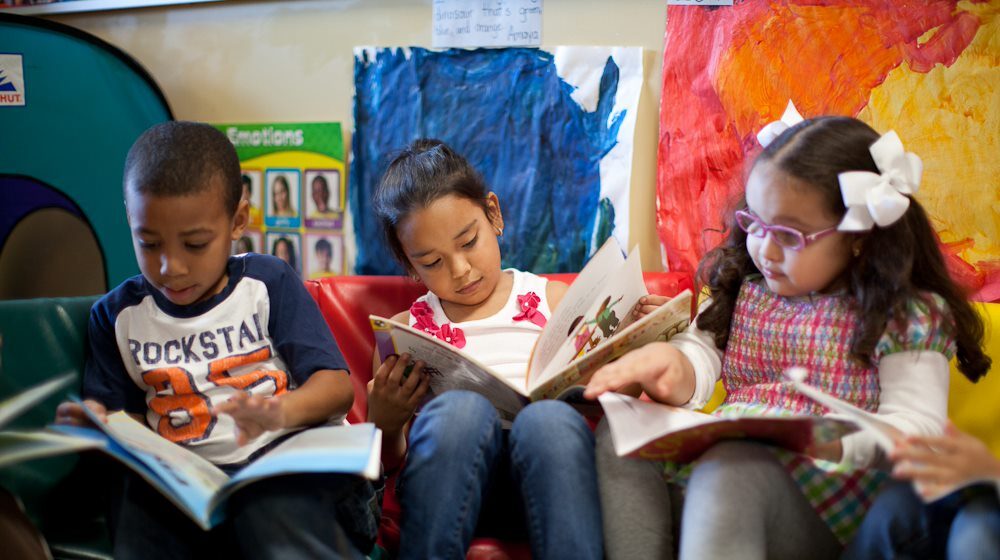
“We are gratified by the absence of fatigue and the willingness and encouragement of communities to stay the course during the pandemic. As the pandemic appears in the rearview mirror, we are inspired by the resolve, resilience and the commitment of these communities to assure equitable learning loss recovery. We are assured by the many continuing reminders that the twin perils of complacency and cynicism have been displaced by the deep understanding and full embrace of urgent patience.”
– Ralph Smith
The Bright Spots and Groundwork: What’s Working in Communities session brought together community and state leads, funders and coalition partners to share how our CGLR community leads and field experts are integrating efforts around digital connectivity, learning-rich environments and attendance in kindergarten. The meeting opened with remarks by Ralph Smith, Managing Director of CGLR. Smith set the stage for the session by describing CGLR’s Civic Action and Advocacy Agenda for 2023–2026. These priorities were outlined and shared in this document CGLR Civic Action and Advocacy Agenda.
Following Smith, Hedy Chang, Executive Director of Attendance Works, described the urgency of addressing chronic absence in kindergarten and necessary strategies.
“It’s going to take all of us working on all these different dimensions to make sure kids have the foundation they need to succeed. We know that kindergarten is a crucial platform for ensuring kids have the skills for long-term success. We are seeing alarming increases in the numbers of kids in kindergarten who are missing so much school that they are at risk academically and socially.”
– Hedy Chang
Siobhan O’Loughlin Reardon, Auerbach-Berger Senior Fellow with CGLR’s Everyday Places & Spaces initiative, described the founding coalition as follows:
“The Campaign for Grade-Level Reading has been working on building a collaborative established to fuel, inspire and accelerate the embrace of communities as learning-rich environments. The collective representing more than three dozen private, public and social sector organizations has coalesced to pursue the potential and share the joy of transforming unusual, unexpected, and ordinary places and spaces into learning-rich environments accessible to the children of economically challenged, fragile and otherwise marginalized families.”
-Siobhan O’Loughlin Reardon
Attendees were then invited to join breakout room discussions that further explored digital connectivity, learning-rich environments and attendance in kindergarten mentioned above. Discussion leaders represented our state and community-leading organizations who submitted stories to the What’s Working XChange census about local strategies for implementation.
Room 1: Digital Connectivity was represented by Kellie Alexander and Cheri Coryea with The Patterson Foundation, Juan Diego Amado with The Miami Foundation, Malai Amfahr with CGLR, and Jill Harris and Liz Hansen from Grinnell College.
Room 2: Everyday Places and Spaces was represented by Liz Bahl with The Learning Alliance, Kate Bennett and Cheryl Werner from United Way of Central Iowa, Andy Gail from Literacy Volunteers Winchester Area, Lisa Hoffstein with CGLR, Liza Khan with the Children’s Services Council of Broward County, Kate Knudsen from Metropolitan Omaha Educational Consortium, Siobhan O’Loughlin Reardon with CGLR, and Rachel Stine from Book Harvest.
Room 3: Attendance was represented by Hedy Chang, Cecelia Leong and Inika Williams with Attendance Works, Dawn Gerundo from Valley of the Sun United Way, Rosie Grant with Paterson Education Fund, Melissa Litwin with The Henry and Marilyn Taub Foundation, and Katelyn Orloski from the Avondale School District. The session closed with participants rejoining the main room with a reflective conversation about the take-aways from each of the breakout rooms.


